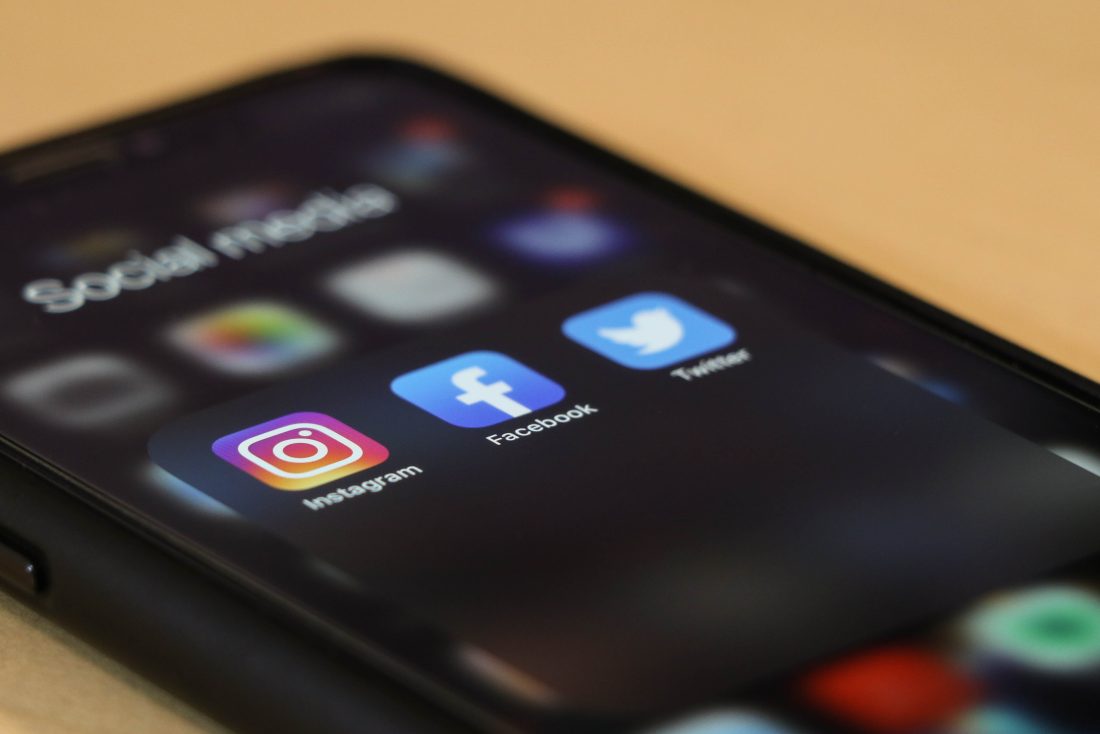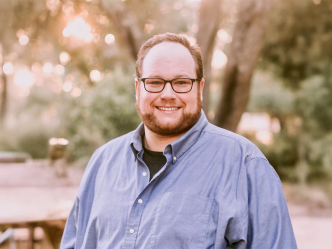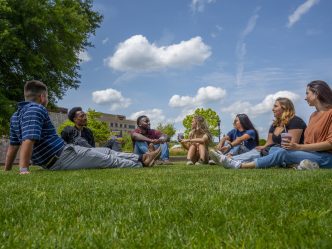There is no question social media has an impact on today’s society worldwide, but there isn’t much research available with empirical evidence showing its effect.
Lance Hunter, PhD, associate professor in Pamplin College of Arts, Humanities, and Social Sciences and the Master of Arts in Intelligence and Security Studies program at Augusta University, recently contributed to two studies that show evidence linking social media to political violence, including domestic terrorism and civil conflict.
The studies included more than 150 countries and covered the time frame 2000 to 2019.
“One of the things we found very interesting is the amount of time that people spend on social media on average within each country per year. It really does matter in affecting the amount of domestic terrorism within countries,” said Hunter.
While many are focused on what happens domestically, Hunter found that some countries have more social media usage as compared to the United States and have varying amounts of political violence within their countries.
“When social media is dangerous is when it increases polarization. When it’s used to spread disinformation, that disinformation can have a polarizing effect on citizens around the world, and that polarization is associated with political violence.”
Even socio-economic factors can play a role in social media and its effect on people in a country.
“Looking at our research and data and looking across democracies and non-democracies, different income levels of countries most developed, less developed, we see there is a noticeable effect that social media can really influence political violence, especially if it’s used for disinformation purposes.”

He went on to add since their data ended in 2019 and there have been instances of violence in the U.S. since then, researchers may continue to speculate on the relationship between social media posts and the acts of domestic terrorism.
In the last couple of years, some forms of social media have added a tag to note posts that have been fact checked to be incorrect. Hunter thinks we could see more of this in the future since his studies show the potential harmful effects of online disinformation. One difficulty with this method could be the variety of platforms available that are being used worldwide.
“There is a noticeable effect that social media can really influence political violence, especially if it’s used for disinformation purposes. I think maybe it’s just something to think about going forward for governments and citizens regarding how we should approach social media because I think with any type of technology, it can be used for good or for evil.”
While there are countries that try to limit certain social media platforms depending on what information is being transmitted, there will likely be ways around any restrictions put in place.
“When you’re thinking overall regarding social media, and we’re thinking about communication over social media, is that individuals at times do have certain technologies that they can circumvent those controls at times. So it can be a cat and mouse game between the government and the citizens.”
 Augusta University
Augusta University




